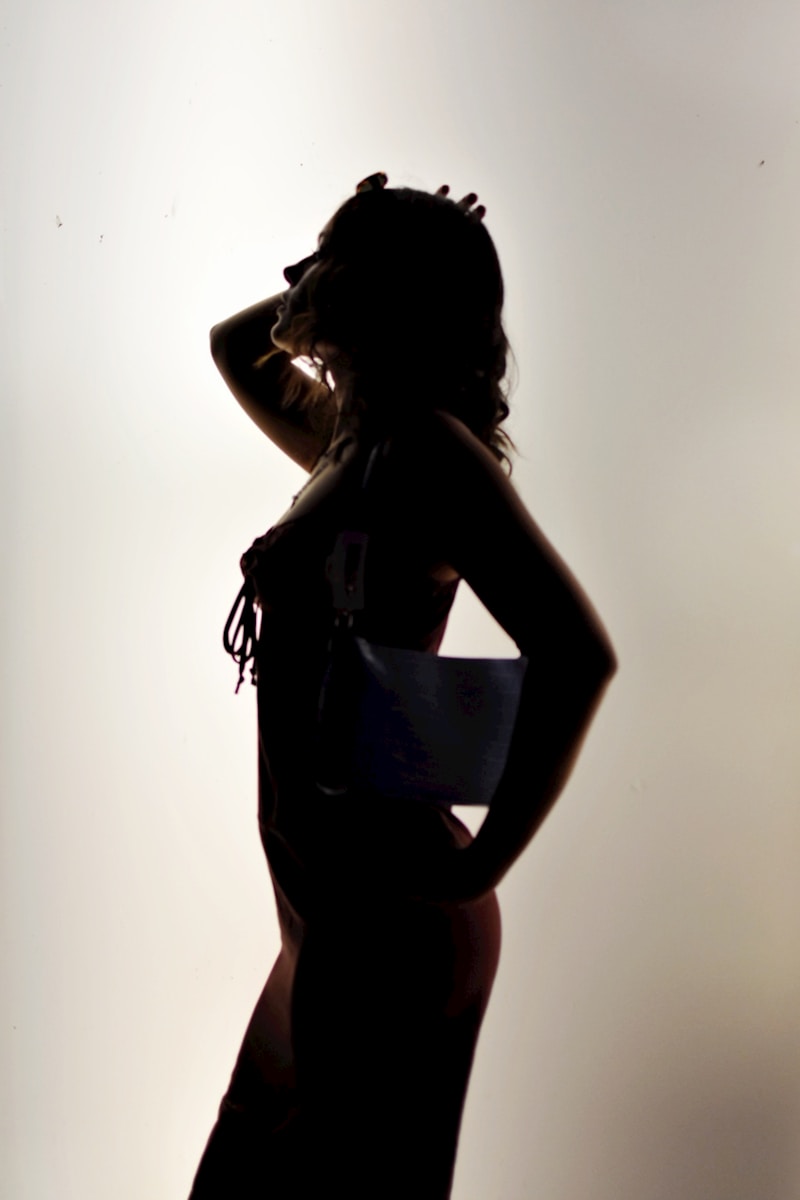Unveiling the Art of Dress Silhouettes: A Comprehensive Guide
When it comes to fashion, the importance of dress silhouettes cannot be overstated. They play a critical role in defining a woman's body shape, enhancing her features, and offering a canvas for creative expression. In this comprehensive guide, we will explore the different types of dress silhouettes, their historical significance, and how to choose the perfect silhouette for various occasions.
Understanding Dress Silhouettes
A dress silhouette refers to the overall shape or outline of a dress. It is crucial in determining how a dress will fit a person's body and the impression that it will create. There are several distinct dress silhouettes, each with its unique characteristics and appeal.
| Dress Silhouette | Description | Best For |
| A-Line | Flares out from the waist, creating an “A” shape. | Most body types; perfect for formal occasions. |
| Ball Gown | Features a fitted bodice and a voluminous skirt. | Special events like proms and weddings. |
| Empire | Has a raised waistline, just under the bust, flowing into a skirt. | A great choice for petites and pregnant women. |
| Mermaid | Fitted through the body, flaring out at the knees. | Elegant events, particularly effective in showcasing curves. |
| Sheath | Straight-cut dress, typically hugging the body. | Office wear and cocktail parties. |
The Historical Evolution of Dress Silhouettes
The evolution of dress silhouettes has been greatly influenced by societal norms, cultural shifts, and technological advancements in textile production. In the 18th century, dresses often featured elaborate skirts supported by crinolines and petticoats. As the decades progressed, the silhouettes evolved into more natural, body-hugging shapes that reflected the changing views on women’s roles in society.
Notably, the 1920s introduced the flapper silhouette, characterized by dropped waistlines and a boyish figure, which contrasted sharply with the previous Victorian styles. The mid-20th century saw the return of more feminine shapes, with designers like Christian Dior introducing the "New Look" that celebrated curvy silhouettes with nipped waists and full skirts.
Choosing the Right Dress Silhouette
Choosing the right dress silhouette involves understanding your body shape and personal style. Here are some tips to help you make the best choice:
Know Your Body Shape
Identifying your body shape is the first step in selecting a flattering dress silhouette. Common body shapes include:
- Hourglass: Balanced proportions, with a defined waist.
- Pear: Wider hips with a smaller bust.
- Apple: Fuller waist with slender legs.
- Rectangle: Balanced shoulders and hips with little waist definition.
- Inverted Triangle: Broader shoulders with narrower hips.
Consider the Occasion
Different occasions call for different dress silhouettes. For formal events, a ball gown or an A-line silhouette works best. Casual outings can be enhanced with sheath or empire dresses. Understanding the setting will help in making a choice that reflects both style and appropriateness.
Align with Your Personal Style
Your dress silhouette should resonate with your personal style. Whether you seek classic elegance or modern chic, there are numerous silhouettes that can be adapted to fit your aesthetic preferences.

Common Questions About Dress Silhouettes
As interest in dress silhouettes grows, so do the questions surrounding them. Here are some of the frequently asked questions:
1. How do I determine which silhouette is best for my body type?
Firstly, understand your body shape and compare it to the attributes of various dress silhouettes. Experimentation is key; try on different styles to see which shapes best enhance your figure.
2. Can I wear different silhouettes based on my comfort level?
Absolutely! Comfort should be a priority. Feel free to explore different silhouettes, and focus on how each one makes you feel, in addition to how it looks.
3. Are there specific colors that work better with certain silhouettes?
Yes! Lighter colors can emphasize volume, while darker shades tend to create a slimming effect. Choose colors and patterns that complement the silhouettes to enhance your overall look.
4. What seasons are best for different silhouettes?
Different silhouettes can be versatile throughout the seasons. For instance, flowy A-line dresses work well in spring, while fitted mermaid styles can shine during winter events. Layering also allows for creativity in colder months.
5. How can I accessorize different dress silhouettes?
Accessories can elevate any silhouette. For an A-line dress, a fitted belt can define the waist, while statement jewelry can add flair to a ball gown. Choose accessories that complement the shape without overwhelming it.
Conclusion: The Timeless Appeal of Dress Silhouettes
Understanding dress silhouettes is essential for anyone who wishes to navigate the world of fashion confidently. Every woman should feel empowered to choose silhouettes that enhance her features, reflect her personal style, and cater to various occasions. Experimentation is encouraged, as fashion is about self-expression and enjoyment.
In conclusion, whether you are drawn to the elegance of a ball gown or the casual chicness of a sheath dress, the world of dress silhouettes offers endless possibilities. Stay true to yourself, embrace your unique body shape, and continue to explore the art of dress silhouettes—after all, fashion is as much about comfort and confidence as it is about style.